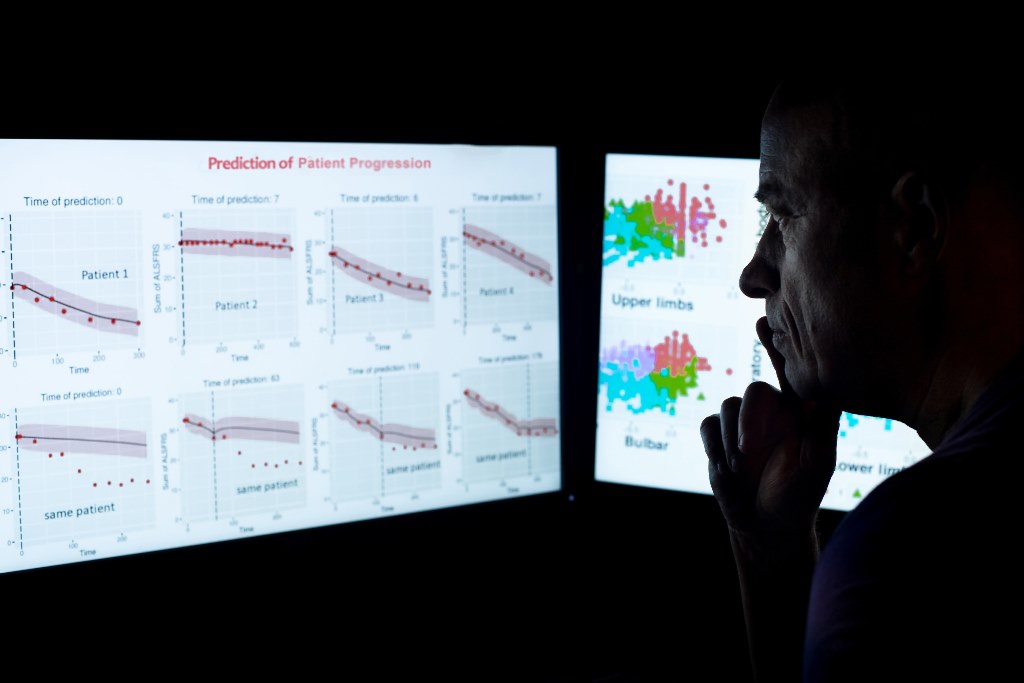BGU researchers have developed a novel platform to streamline clinical trials, lower costs, and increase the efficiency and success rate of the drug or medical device development process. The technology has been licensed for further development and commercialization to Panacea, a new company founded by BGN Technologies, BGU's technology transfer company, and Prof. Boaz Lerner (pictured below) of the BGU Department of Industrial Engineering and Management, and Panacea's scientific founder. Panacea is a portfolio company of the Oazis accelerator, formed by the Yazamut360 entrepreneurship center of BGU.

The new platform leverages machine learning to optimize a clinical trial's chances of success, analyzing patient population recruitment and dropout rate, as well as identifying and prioritizing monitored markers. The technology offers efficient pre-trial recommendations, in-trial interim analysis, and post-trial insights in preparation for the next trial, as well as potential salvage in case of failure.
"Clinical trials haven't fundamentally changed in the past two decades," said Prof. Lerner. "They are extremely costly, and the probability of success for new drugs is in the single digit. Therefore, our platform is highly beneficial for pharma and biotech companies, enabling them to increase efficiency and the chances of success by streamlining the trial and selecting the optimal participants and markers. Conversely, we can also help in understanding when to terminate a trial and what lessons can be derived from a failed trial."
The technology has already been used in clinical studies of several neurodegenerative diseases including amyotrophic lateral sclerosis (ALS), Parkinson's disease, and Alzheimer's disease, and has demonstrated high performance in stratification of patients into homogenous, statistically distinct, sub-groups; identification of factors and their interrelations with the disease state; and predictive analysis of progression rate and pattern, as well as disease state.
"In the age of artificial intelligence and machine learning, it seems only natural that drug development should benefit from these sophisticated tools that can take into account large amounts of data, and integrate and analyze numerous parameters in order to optimize clinical trials and increase their probability of success," said Josh Peleg, CEO of BGN Technologies. "We are happy to see that the technology has already received interest from several biopharma companies who have begun collaborating with Panacea on improving their ongoing clinical studies."

Media Coverage:
JPost
CTech Calcalist